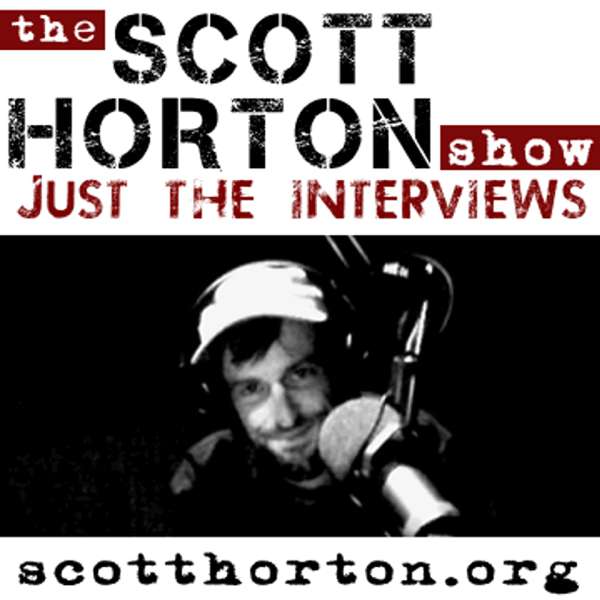On this episode of Strait Forward, hosts Channing Lee and Libby Lange unpack how economic security is reshaping national security, detailing the measures the United States has adopted—from investment reviews to export controls—to protect its innovation edge.
The episode features an insightful discussion with Jeremy Chih-Cheng Chang, CEO of the Research Institute for Democracy, Society, and Emerging Technology (DSET). Jeremy details Taiwan's longstanding experience with economic statecraft vis-à-vis China, including its pioneering outbound investment screening framework and its strategic "N-1" principle for technology flows. He also shares Taiwan's efforts to cultivate secure, trusted supply chains for key technologies like drones, advocating for deeper U.S.-Taiwan collaboration to counter geopolitical threats and maintain global technological leadership.
What is Economic Security? (00:24 - 01:07)
Hosts Channing Lee and Libby Lange open the episode discussing their observations from the AI+ Expo about the increasing prevalence of economic security in national security conversations.
U.S. Economic Security Tools (01:07 - 03:39)
The hosts detail the steps taken by the United States to prioritize economic security. This includes the enhanced capabilities of CFIUS through FIRRMA (2018) to review investments in critical technologies and infrastructure, as well as efforts to restrict outbound investment that could fund the Chinese military. They also touch on export controls on advanced AI chips by consecutive U.S. administrations.
The Critical Role of Allies and Partners (03:39 - 04:18)
The conversation highlights that the US cannot unilaterally enforce economic security in a global economy. The hosts cite the collaborative restriction on exporting high-capacity lithography machines to China by the Netherlands, Japan, and the United States as a prime example of effective allied action.
Introduction to Jeremy Chang (05:58 - 08:07)
The hosts welcome Jeremy Chang, CEO and Director of Economic Security research at DSET (Research Institute for Democracy, Society, and Emerging Technology), Taiwan's premier think tank on national security and technology. Jeremy introduces DSET's mission and its founding context.
Taiwan's Unique Economic Relationship with China (10:04 - 12:08)
Jeremy explains the complex and evolving economic relationship between Taiwan and China. He describes how it has shifted from a complementary dynamic, where Taiwan helped industrialize China with technology and capital, to one of increasing competition as China aims for manufacturing dominance.
Taiwan's Pioneering Economic Security Framework (12:32 - 19:11)
Jeremy elaborates on Taiwan's proactive stance on economic security. He notes Taiwan's implementation of an outbound investment screening system in 1993, predating many international counterparts. He also introduces Taiwan's "N-1 principle" for controlling technology flows, ensuring China’s access to Taiwanese innovation is always at least one generation behind.
The Future of Taiwan's Semiconductor Industry (19:33 - 23:30)
Jeremy discusses the current pressures on Taiwan's semiconductor industry to diversify manufacturing globally. He frames the investment of Taiwanese tech companies abroad, such as TSMC's presence in the US, as a "win-win scenario" that strengthens interdependence and serves the national interests of both the U.S. and Taiwan.
Creating "Non-Red Supply Chains" for Strategic Technologies (23:52 - 30:30)
DSET advocates for developing supply chains free from Chinese components, particularly for strategic technologies like drones. Jeremy explains the urgency, given China's dominance and "weaponization" of the drone market, and discusses Taiwan's active efforts to build these "non-red" supply chains, including collaborations with Eastern European countries to support countries like Ukraine.
Recommendations for U.S.-Taiwan Economic Security Cooperation (30:48 - 35:13)
Jeremy offers key policy recommendations for strengthening U.S.-Taiwan cooperation on economic security. He stresses the importance of leveraging Taiwan's unique, on-the-ground intelligence and know-how regarding supply chains and China's industrial activities.
Jeremy’s Taiwan Recommendation (35:13 - 37:19)
Jeremy recommends DSET's research report: "Walking a Tightrope: Navigating Taiwan-U.S. Semiconductor Security Under Trump 2.0," which can be found on DSET's website at dset.tw/en.
Reflections on the Conversation (38:45 - 40:44)
Channing and Libby reflect on the importance of economic security to national security and Taiwan's foresight in this area given its relationship with China. They also underscore Taiwan's role as a "center of excellence" for understanding and navigating complex economic security challenges when it comes to China.
For Further Reading:
https://dset.tw/en/research/taiwan-us-semiconductor-security-under-trump-2-0/
https://scsp222.substack.com/p/the-prcs-remote-poaching-model
Strait Forward is a podcast by the Special Competitive Studies Project.

 Our TOPPODCAST Picks
Our TOPPODCAST Picks  Stay Connected
Stay Connected







